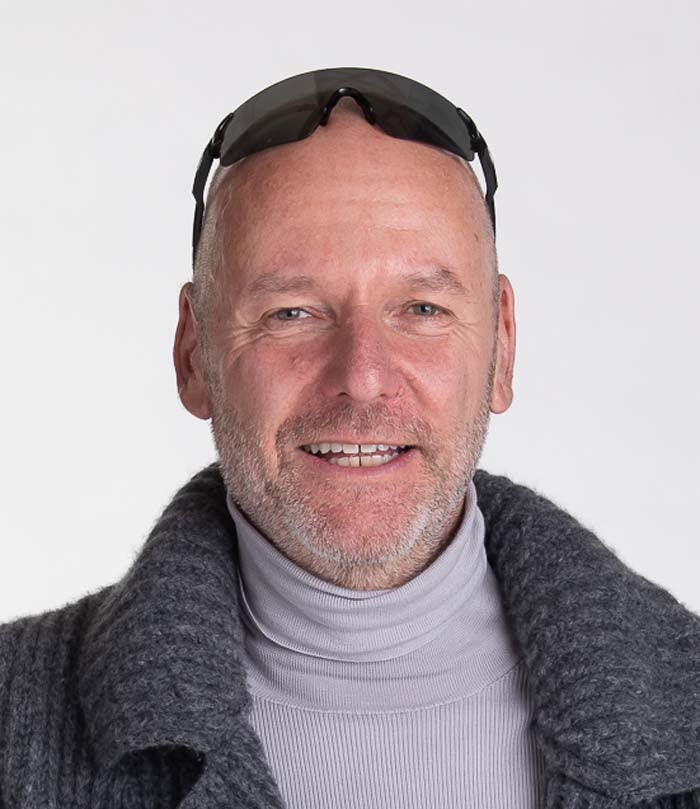
Hartmut Neven
Vice President of Engineering, Google Quantum AI
Hartmut Neven is a Vice President of Engineering at Google. He leads the Quantum Artificial Intelligence lab, which he founded in 2012. Neven coined the terms "Quantum Machine Learning" and "Quantum AI" and implemented the first machine learning and image recognition algorithms on a quantum computer in 2007. In 2019, the Quantum AI team made history by demonstrating that a quantum computer can solve a computational problem that is intractable for classical computers. His teams were the first to physically instantiate time crystals, non-Abelian anyons, and traversable wormholes using a quantum processor.
Hartmut started two computer vision companies, the second of which was acquired by Google in 2006. His company Neven Vision achieved world firsts by launching face login, face filters and visual search for mobile phones. At Google, he led the Visual Search team and co-founded Project Glass, building its first prototype in 2011. His work earned recognition and awards in visual recognition competitions.
Hartmut studied Physics and Economics in Brazil, Köln, Paris, Tübingen, and Jerusalem, obtaining his Ph.D. in 1996, focusing on autonomous mobile robots and self-driving cars. Neven's research interests often venture into scientific and philosophical frontiers long before they gain popularity. In 1992, he wrote a master's thesis on neural dynamics for object recognition, and in 2003, he patented the technique of analyzing images taken by mobile phones with neural networks. In 2012, the concept of adversarial images was born in his team, paving the way for deep dream art. In 2014 he ventured into quantum biology by designing neurotransmitters and psychedelics using isotopes and quantifying their effects on neuroreceptors. Recently, with academic collaborators, he initiated a research program to experimentally test the conjecture that quantum processes create conscious experience.
Fast Company has recognized Hartmut as one of the world's most creative individuals.
Beyond his scientific pursuits, Hartmut loves to travel the world with his wife and two sons. His most exciting journeys are to the Amazon rainforest, where he works with indigenous communities to help them preserve and monetize their knowledge of medicinal and entheogenic plants. Hartmut loves building art for Burning Man, is a glider plane pilot, and an unremarkable surfer and snowboarder.